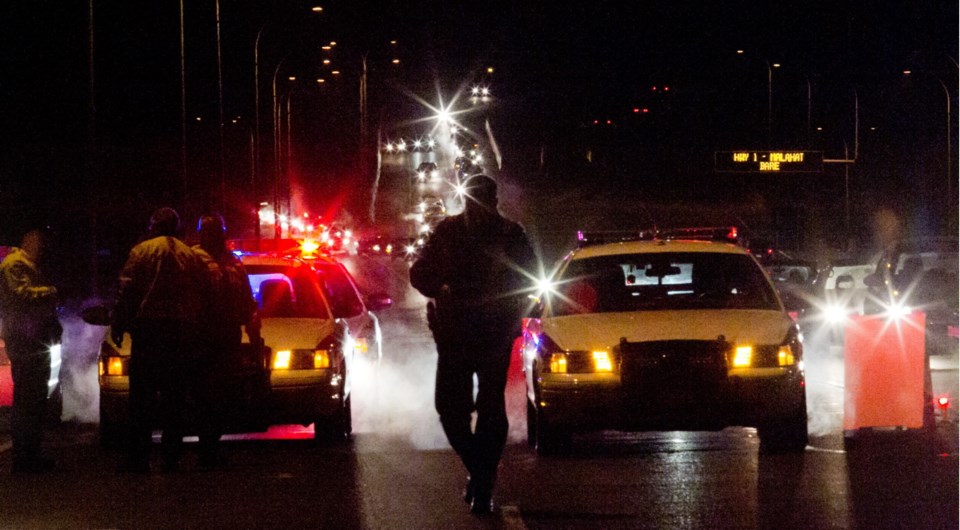The B.C. government isn’t properly following its own drunk-driving laws and should prepare to be hammered by a new wave of court challenges, says the lawyer whose legal petitions forced more than 1,110 impaired-driving penalties to be overturned.
“They were obligated to apply the law, and they didn’t do it,” said Paul Doroshenko, a Vancouver lawyer whose court challenges forced the Justice Ministry to announce it was overturning penalties in 1,137 cases.
“The government hasn’t abided by its own law, and it’s going to end up costing taxpayers millions and millions of dollars.”
The Office of the Superintendent of Motor Vehicles said Doroshenko’s court challenges made “some very strong arguments” that led it to cancel requirements for drivers to attend education classes and install ignition-interlock systems in 1,137 cases.
But that’s just the beginning of the government’s legal woes, said Doroshenko, who is drafting a new set of legal petitions.
He said he plans to challenge the government’s “discretionary” drunk-driving powers, including how the motor vehicles branch refers drivers to education classes and requires installation of ignition-interlock- devices that demand a breath sample and prevent a vehicle from starting if alcohol is detected.
The Motor Vehicle Act says those referrals are supposed to be based on an analysis of a person’s driving record, at the discretion of the Office of the Superintendent of Motor Vehicles.
Instead, the government has made the step mandatory and sent everyone who fails a roadside breathalyzer into both programs, regardless of whether it’s a first offence on an otherwise clean driving record, Doroshenko said.
“That’s not discretionary on the basis of the driving record,” he said, adding that it’s breaking the law.
If you are caught driving drunk, “the odds are absolutely astronomical that would be your very first time driving impaired,” said Stephanie Melvin, deputy superintendent of motor vehicles.
Therefore, the driver-education programs and interlock systems could help adjust behaviour before it becomes worse, she said.
NDP critic Kathy Corrigan called the rationale “appalling.”
“The whole justice system is based on the premise you have to have evidence, and I don’t care if it’s administrative penalties or what it is.”
The two programs cost each penalized driver more than $2,700, and the government cancels the licences of drivers who refuse to comply.
The new legal petitions will focus on appealing penalties for drivers caught on their first offence and referred to the remedial programs, said Doroshenko, who hopes the challenges set a precedent.
The fact the government overturned 1,137 penalties shows they know what’s coming, he said.
“They are gearing up for giving up, because they’ll lose the fight.”
More than 40,000 drivers have been hit with immediate roadside prohibitions since the tough drunk-driving law went into effect in September 2010.
About 26,000 drivers failed their roadside breath tests and were given 90-day driving prohibitions as well as referrals to education and ignition-interlock programs.
B.C.’s drunk-driving law was already partially overturned by the Supreme Court in November 2011. The government amended it in May 2012 to address the court concerns, and says it has dramatically reduced drunk driving and saved more than 104 lives since 2010.
> Expensive tests ahead, says columnist Les Leyne, page A10



